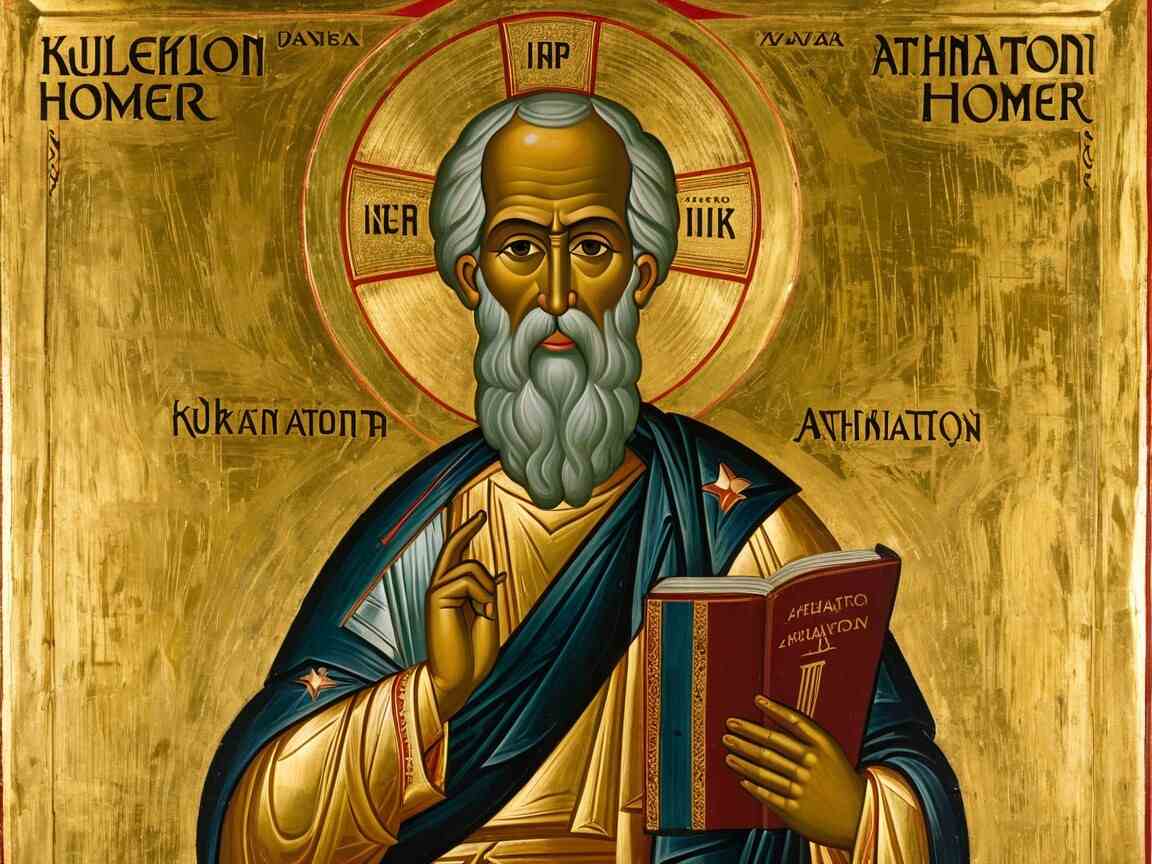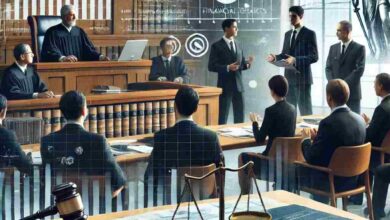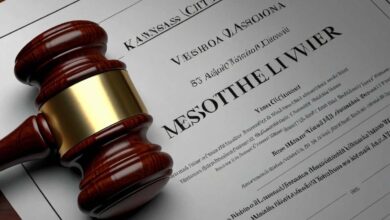Kukleion Athanaton Homer – Dive Deeper Into The Myths!

Introduction:
The concept of immortality has been a central theme in many mythologies and literary works throughout history, and one of the most influential explorations of immortality in Western literature comes from ancient Greek myths. In particular, Kukleion Athanaton Homer offers an intriguing look at immortality through the lens of mythological figures and their quests for eternal life.
This article explores how immortality is portrayed in Kukleion Athanaton Homer, examining key characters, themes, and its ongoing relevance in the context of ancient and modern literature.
The Concept of Immortality in Ancient Greek Mythology:
In Ancient Greek mythology, immortality is not just a physical characteristic; it is often tied to the gods and goddesses, whose powers and eternal existence set them apart from mortal beings. Mortality in Greek mythology is typically presented as a boundary that separates humans from the divine. However, some humans and demi-gods manage to blur this line through heroic deeds, divine intervention, or other means.
Immortality is often seen as both a gift and a curse, as it removes the ability to experience the full spectrum of human emotions, growth, and eventual death.
Key concepts tied to immortality in Greek mythology include:
- The Gods: Immortality is inherent in the gods, who live forever in the divine realm and are free from the natural decay of time.
- The Hero’s Journey: Many mortal heroes, through their bravery and actions, achieve a kind of “immortality” through fame or recognition that survives beyond their death.
- The Underworld: The Greek underworld, ruled by Hades, is the final resting place for souls who do not achieve immortality. However, some figures, like the Titans or certain heroes, might escape this fate.
How Kukleion Athanaton Homer Explores Immortality:
Kukleion Athanaton Homer, a fictional work rooted in the traditional Homeric epic style, explores the concept of immortality through the lens of its characters’ desires, actions, and fates. The term Athanaton (immortal) within the title itself hints at the ongoing struggle between life and death. The characters in the story are often faced with moral dilemmas about whether the pursuit of immortality is a blessing or a curse.
Unlike the Greek gods who effortlessly maintain their immortality, mortals in Kukleion Athanaton Homer must earn or fight for their place in eternity, often through acts of valor, sacrifice, or profound wisdom. Immortality in this context is not just a biological state but also a symbolic one, linked to the hero’s journey and the influence they leave behind in the world.
Analysis of Key Characters and Their Pursuit of Immortality:
In Kukleion Athanaton Homer, several characters embody the quest for immortality. Some do so knowingly, driven by a desire to transcend their mortal limits, while others seek it out unknowingly, only to discover the profound consequences of their pursuit.
- The Hero: A central character in Kukleion Athanaton Homer is the heroic figure who strives for immortality through his actions. His journey is marked by trials, enemies, and tests that challenge his understanding of life and death. Over time, he realizes that immortality might come with personal sacrifices, leaving him to question whether it is truly worth achieving.
- The Sage: A wise and philosophical figure who warns others of the dangers of immortality, the Sage represents the idea that true immortality lies in the legacy one leaves behind. For him, the pursuit of wisdom and peace is more important than physical immortality.
- The Divine Intervention: In many Greek myths, gods intervene in human affairs. In Kukleion Athanaton Homer, divine beings offer either blessings or curses of immortality. These moments highlight the gods’ power over mortal destinies and the fine line between a mortal’s desire for eternal life and the gods’ intentions for their mortal existence.
The Role of Mortality in Kukleion Athanaton Homer:
Mortality plays a crucial role in the story of Kukleion Athanaton Homer, as it sets the stage for the character’s actions and decisions. The fear of death, the inevitability of aging, and the human longing for permanence are driving forces behind the plot. In the work, mortality is portrayed as both a limitation and a motivation—characters struggle against their mortality while simultaneously learning the importance of accepting it.
The work also shows how mortality can lead to wisdom. Mortals, who understand that they are finite, are often the ones who appreciate the fragility of life the most. Their quest for immortality, whether successful or not, reflects their fear of leaving behind an unfinished life.
Comparing Kukleion Athanaton Homer to Other Works on Immortality:
Many other classical and modern works explore immortality, but few do so with the depth and nuance found in Kukleion Athanaton Homer. For instance, in Homer’s Iliad and Odyssey, immortality is often linked to divine figures, but the mortals are more concerned with achieving glory or honor than eternal life. In contrast, Kukleion Athanaton Homer focuses more on the internal journey of characters grappling with the very notion of immortality, making it stand out in its exploration.
Similarly, other works such as The Epic of Gilgamesh also delve into immortality, but Kukleion Athanaton Homer offers a more philosophical approach, incorporating elements of Greek tragedy and thought into the quest for eternal life.
The Ongoing Relevance of Immortality in Kukleion Athanaton Homer:
The theme of immortality in Kukleion Athanaton Homer is timeless. It speaks to a universal human desire: the wish to transcend the constraints of time and to leave an indelible mark on the world. In today’s society, where technology and medical advances may one day offer a form of immortality, the questions posed by the work remain profoundly relevant. How far would we go to achieve immortality? And is it worth the cost?
The existential reflections found in Kukleion Athanaton Homer resonate with contemporary concerns, especially in the age of digital immortality, where online personas and legacies can live on long after physical death. The work provides a lens through which we can examine our own lives and ponder the price of immortality in both the literal and metaphorical sense.
FAQ’s
Q1:What is the central theme of Kukleion Athanaton Homer?
The central theme of Kukleion Athanaton Homer is the exploration of immortality and its consequences on life, death, and legacy.
Q2:Who are the key characters in Kukleion Athanaton Homer?
The key characters in Kukleion Athanaton Homer include a heroic figure seeking immortality, a wise sage cautioning against it, and divine beings who influence the mortal quest for eternal life.
Q3:How does Kukleion Athanaton Homer differ from other works on immortality?
Kukleion Athanaton Homer differs by offering a philosophical exploration of immortality, focusing on the personal reflections and consequences of seeking eternal life rather than glorifying the pursuit itself.
Key Facts:
- Kukleion Athanaton Homer explores immortality through mythological characters and themes.
- The work offers a philosophical reflection on life, death, and legacy.
- Characters in the work experience both the blessings and burdens of immortality.
- It stands out in its nuanced treatment of immortality compared to other classic works.
By presenting a rich narrative, Kukleion Athanaton Homer invites readers to reflect on their own desires for immortality and the true meaning of eternal life.
Summary:
Kukleion Athanaton Homer is a profound exploration of immortality, mortality, and the quest for eternal life. Its mythological structure and deep character analysis present a nuanced portrayal of how immortality impacts individuals and societies.
The work’s blend of heroism, divine influence, and philosophical musings on life and death makes it a timeless exploration of one of humanity’s greatest fears and desires.



